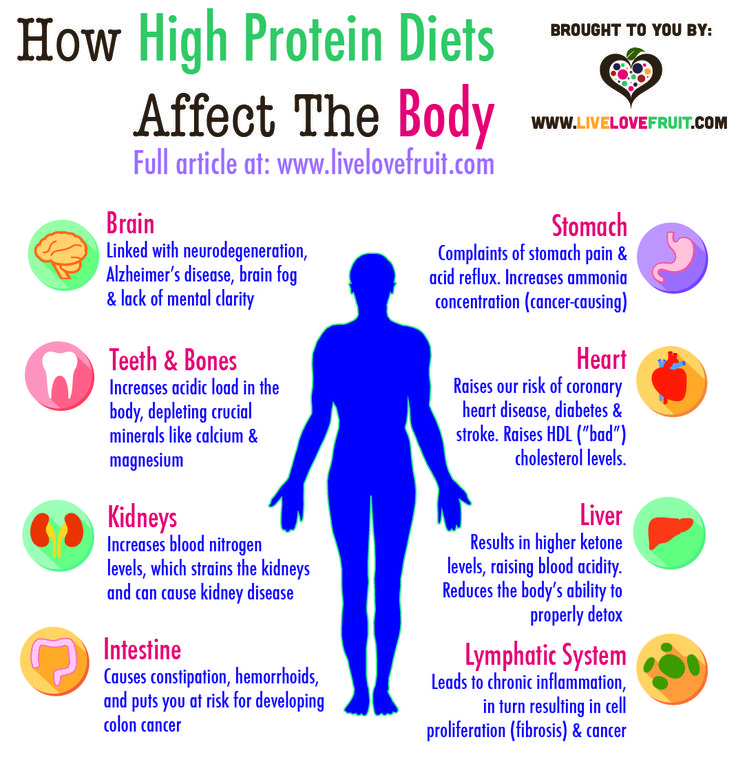Protein is a cornerstone of any balanced diet, especially for individuals aiming to build muscle, improve recovery, or maintain strength with age. But how much protein is too much? And is excess protein harmful to your health? Let’s break down the facts behind this common dietary concern.
Why Protein Intake Matters
Protein is responsible for more than just muscle building. It plays a critical role in hormone production, immune support, and tissue repair. Yet, most people aren’t consuming enough of it—particularly older adults, who are more prone to muscle loss and frailty due to reduced protein intake and decreased resistance training.
If you’re trying to build or maintain lean body mass, especially after age 50, increasing protein should be a top priority. For active individuals, especially those engaging in strength training, the target range is often 0.8 to 1.2 grams of protein per pound of body weight per day. That means a 180-pound person might need well over 140 grams daily—yet most fall well below that. Use this protein calculator to estimate your ideal daily intake based on your weight, age, and activity level.
Is Too Much Protein Dangerous?
One of the most persistent myths is that a high-protein diet can damage your kidneys. While excessive intake could be problematic for individuals with pre-existing kidney conditions, the average healthy person has little to worry about. Research shows that the human body can handle high levels of protein—often far more than people typically consume.
In reality, the fear of overdoing protein is exaggerated. Unless someone is consuming extraordinarily high amounts (like eating multiple pounds of meat daily), it’s unlikely they’ll reach a level that risks their health. What’s more common is the opposite: people not eating nearly enough protein to support their physical goals.

Image credit: Live Love Fruit
Signs You’re Not Getting Enough Protein
- Loss of muscle tone or strength
- Fatigue or sluggish recovery post-exercise
- Difficulty losing weight or changes in body composition
- Increased cravings and frequent snacking
- Hair thinning or brittle nails
If any of these sound familiar, your protein intake may be the root cause. Even simple actions like logging a week of meals can offer insights into your diet and help you course-correct. Prioritising protein is one of the most effective strategies for body recomposition, especially when paired with resistance training.
Getting Enough Protein: It Takes Planning
Let’s face it: reaching 150 to 200 grams of protein a day isn’t easy without intention. Whole food sources like lean meats, eggs, and fish are excellent, but can be calorie-dense or require prep. Supplements like protein shakes can help, but they should complement, not replace, nutrient-rich foods.
Consider these practical tips to boost your intake:
- Include protein at every meal (e.g., eggs, yogurt, tofu, fish, chicken, lentils)
- Meal prep lean meats or legumes in bulk to reduce friction
- Use high-protein snacks (like Greek yogurt or jerky) strategically
- Track your intake with apps or journals to stay consistent
Even in your 60s, 70s, or beyond, it’s possible to increase muscle mass with adequate protein and consistent strength training. You don’t need to become a bodybuilder—just moving your body and nourishing it well can lead to real transformations in how you look and feel.
Video Summary
To learn more about nutrition, fitness, and health from professionals and experts, visit our channel and subscribe: https://www.youtube.com/@Vitality-and-Wellness



